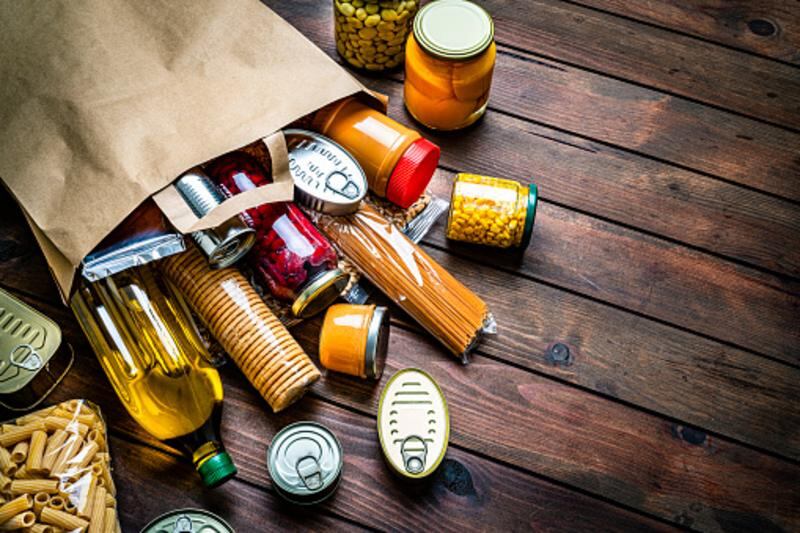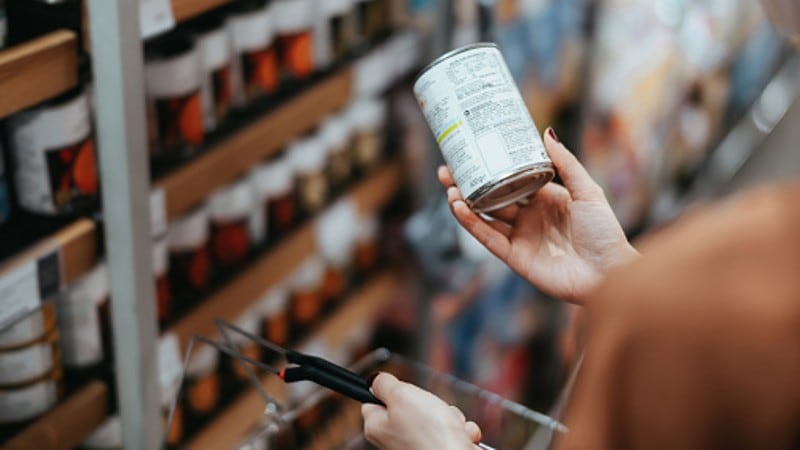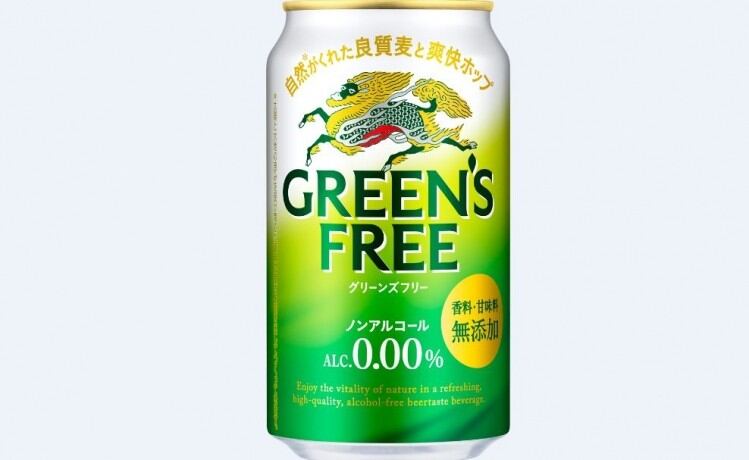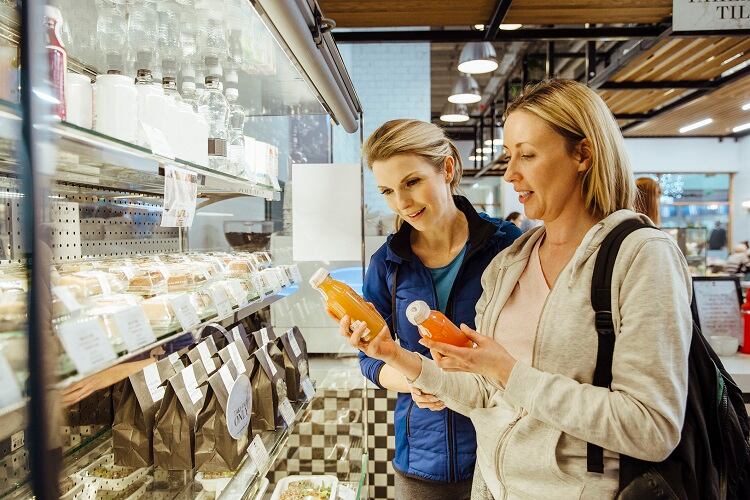‘Transforming recycling’: New Zealand food sector pushes for clearer on-pack labelling
The New Zealand food and grocery sector says that clearer on-pack labelling denoting packaging recyclability is crucial if the government’s latest eco initiatives are to succeed.
New Zealand’s recycling culture is considered advanced compared with most markets within the Asia Pacific region, and has quite a few ongoing recycling schemes in the country – but these are not standardised and have been described by many in and out of the food and beverage industry as more confusing than efficient.
Earlier this year, the New Zealand Ministry of Environment (MOE) announced a plan dubbed ‘Transforming Recycling’, a document comprising three different initiatives: A container return scheme where consumers are incentivised to return beverage containers to be recycled/reused in exchange for a refundable deposit; Improvement of kerbside recycling which would standardise collection and processes for all local councils; and Business food waste separation which would mandate businesses to separate food waste from other waste.
Clear and present labels: Thailand mandates GMO declarations in latest food labelling regulatory update
The Thai government has announced several updates to the national food labelling regulations with food firms required to declare any use of genetically modified ingredients on food labels.
Previously, Thailand did not have specific regulations in place to govern the labelling of genetically modified ingredients on food product packages, but recently the Thai Ministry of Public Health announced that all food manufacturers handling GM products must now declare their use of these on their labels.
“The clear statement ‘genetically modified’ must be declared alongside the food name on the label if the product contains only one ingredient, and if it uses multiple such ingredients these must also be clearly declared accordingly alongside each ingredient,” Thailand Deputy Minister of Public Health Dr Satit Pitutecha said via a formal statement.
Zero tolerance: South Korea imposes full ban on non-compliant food and beverage packaging materials
The South Korean government has imposed a complete ban on food and beverage packaging made using recycled materials that are not in full compliance with national standards.
Earlier this year, South Korea’s Ministry of Environment (MOE) announced the enforcement of more stringent regulations to establishing food and beverage as recyclable, which is expected to see more types of packaging falling into the undesired ‘difficult to recycle’ category as this would mean higher costs for the manufacturers.
This is in addition to various other initiatives over the past few years working towards perfecting its local recycling system including a 2019 act on recycling and making modifications to recycling labels and symbols to maximise consumer action.
‘Pressure to perform’: Thai Union on how it hopes to raise credibility of sustainability initiatives - Exclusive
Seafood major Thai Union has taken the unprecedented step of partnering with NGO Sustainable Fisheries Partnership (SFP) and opening up its entire supply chain for auditing under the body’s internationally recognized Seafood Metrics system, to boost the credibility of its sustainability initiatives.
Thai Union has placed a great deal of focus on developing its sustainability strategy Seachange, covering initiatives spanning climate change, food chain traceability, employee rights and more, with its efforts having earned it second place on the Dow Jones Sustainability Indices (DJSI) last year.
Seachange is undergoing a revamp later this year, but in the meantime Thai Union has decided to work on not just improving the actual sustainability initiatives it is implementing but also on how to improve the credibility of its work in the eyes of both consumers and trade partners alike.
Watermark for food: Natural Trace looks to solve traditional food traceability issues with in-product tagging tech
Singapore traceability technology firm Natural Trace believes it has pioneered a world-first category of in-product tagging based on DNA markers integrated directly within food and beverage products, creating a watermark of sorts that could solve traceability issues.
Natural Trace has dubbed its technology NaturalTag, a solution based on DNA tags obtained from dairy molecules to create markers which can be added into the food or beverage product to be tracked in order to create an unremoveable watermark for the product.
“The tags are added either in liquid or powder form to the product - say an expensive bottled iced tea made using very valuable tea leaves and very unique honey from specific geographies – and once this is added, the tags become a watermark for the tea which is tamper-proof as it has already become part of the tea,” Natural Trace Venture Builder CL Goh told FoodNavigator-Asia.





